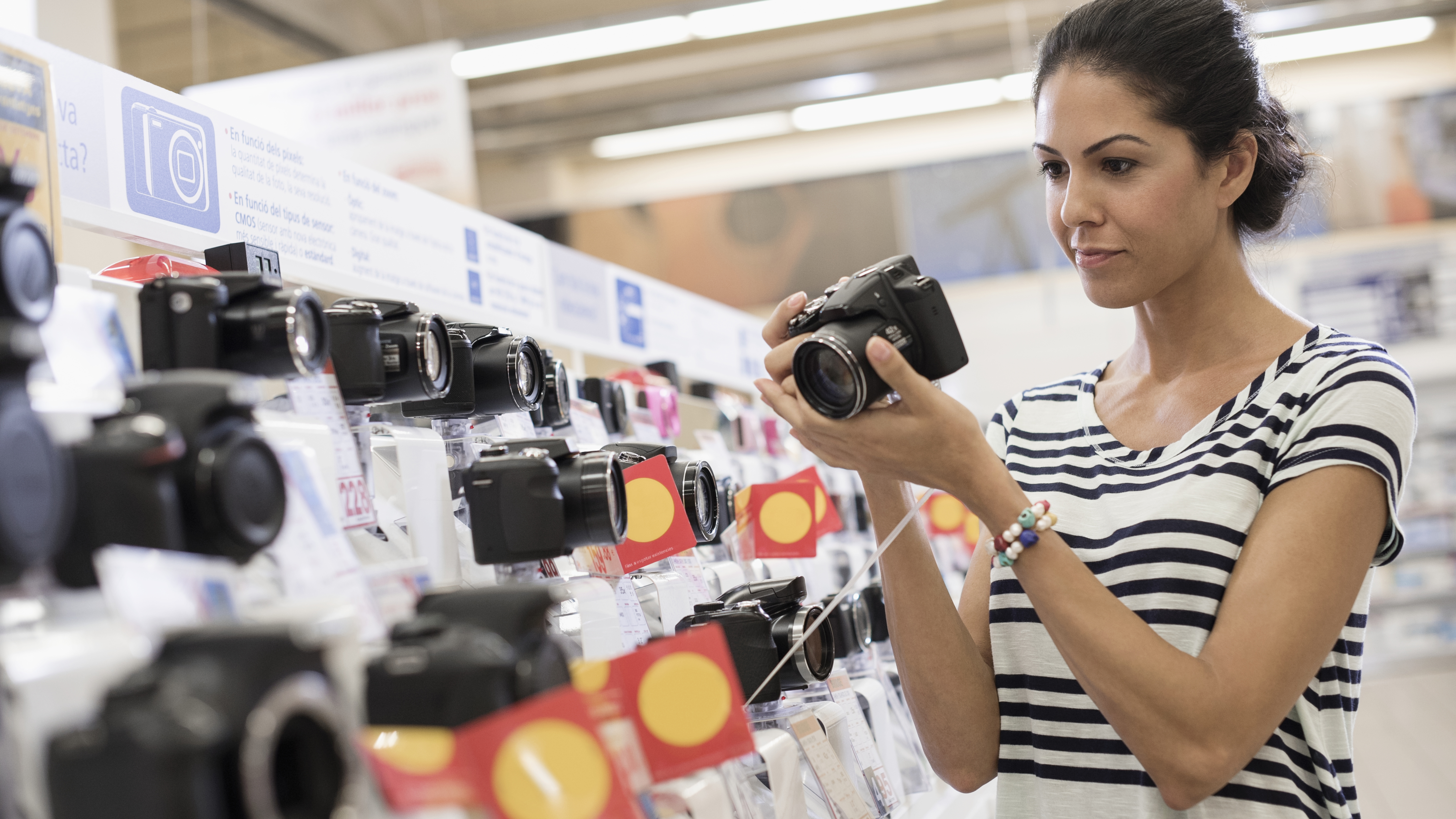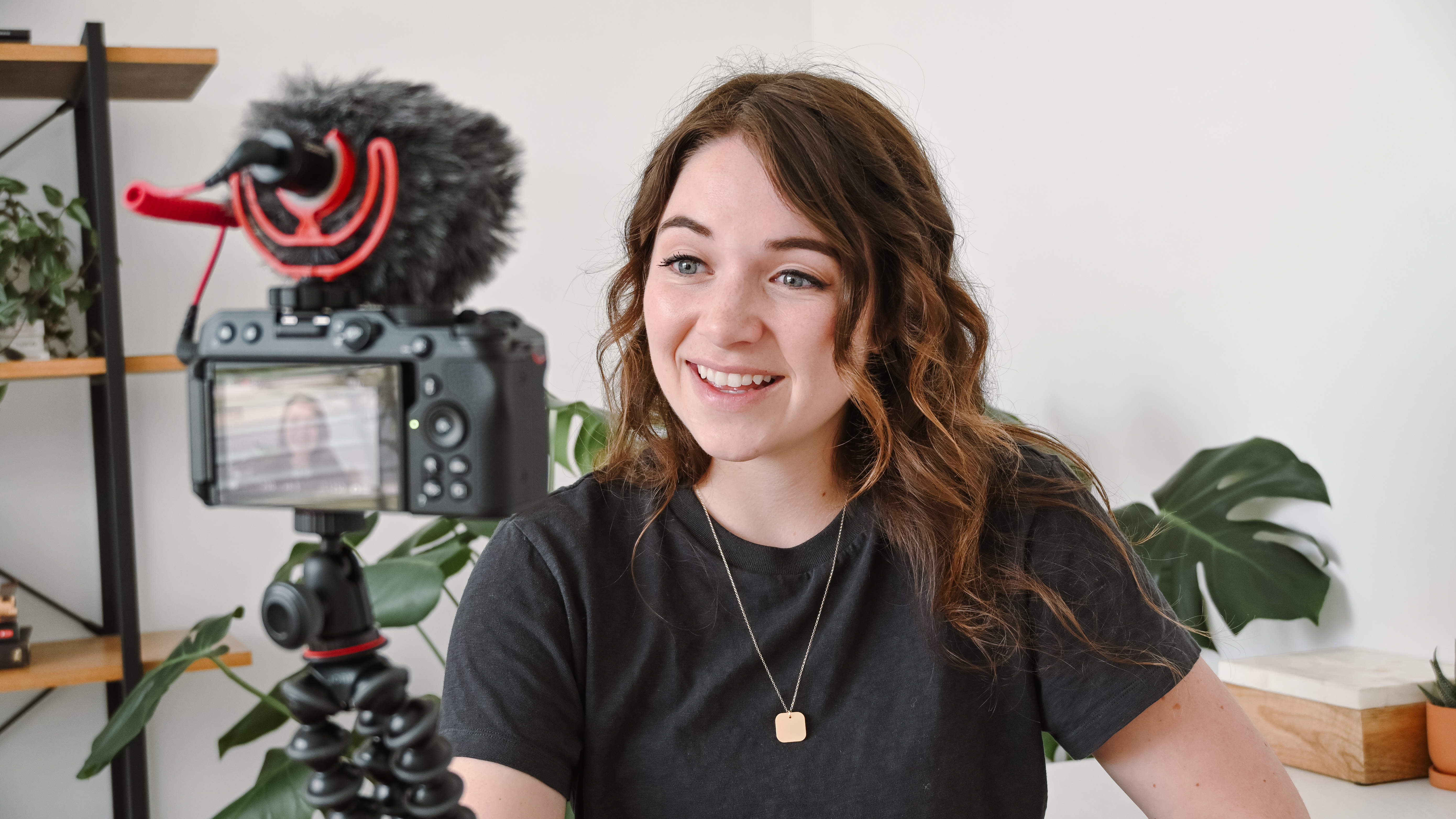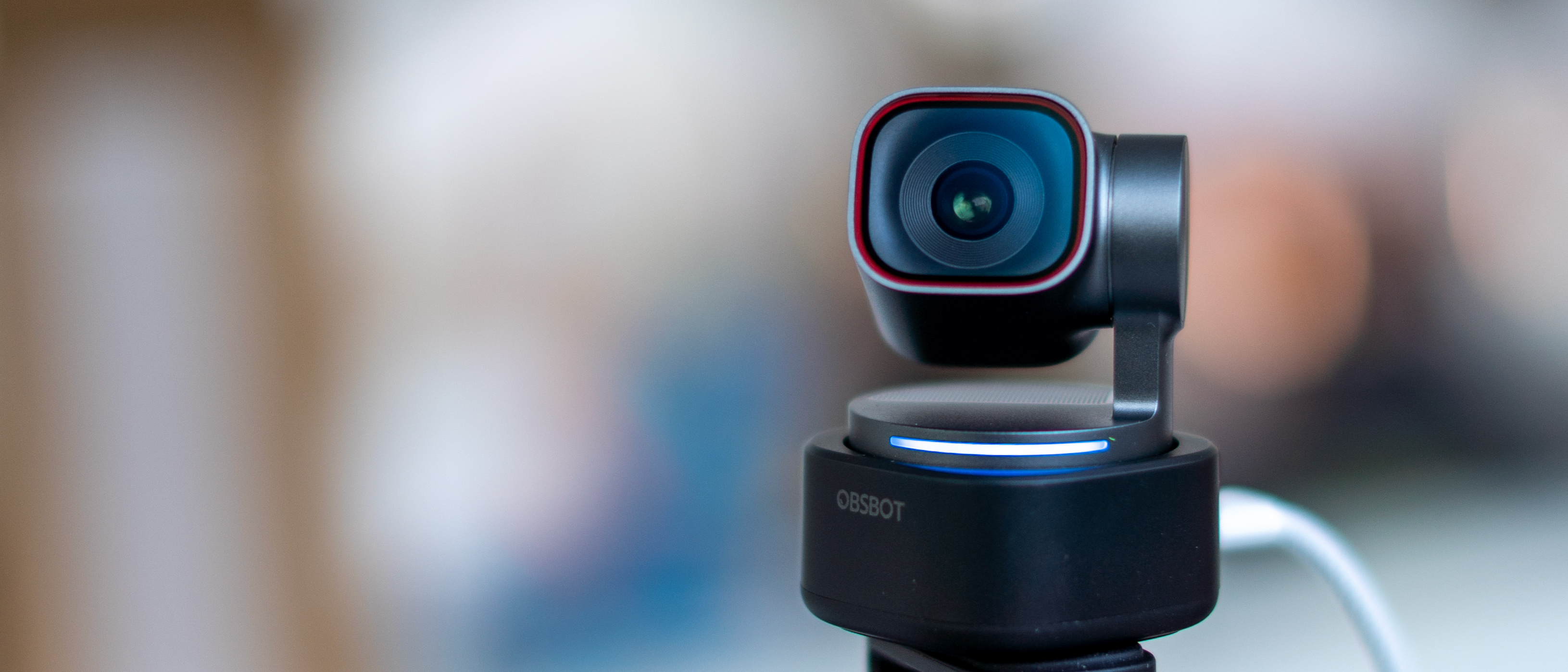Nikon admits that first-time camera buyers are "underserved"
First-time camera buyers are "underserved," says Nikon, admitting that "maybe we haven’t been able to offer the [right] options to them"

Nikon has admitted that first-time camera buyers might be "underserved" by the company, conceding that it might not have "been able to offer the [right] options to them."
While the company has just celebrated the launch of the Nikon Z6 III, and before it the highly successful Z8 and Zf, these are all advanced and / or expensive cameras. Nikon's last entry-level models, the APS-C Z30 and full-frame Z5, came in 2022 and 2020 respectively – and didn't seem to particularly resonate with audiences.
"We have been expanding our lineup of high-spec cameras and lenses for customers who are seeking to pursue imaging expression. But maybe one underserved group is first-time camera purchasers. Maybe we haven’t been able to offer the [right] options to them."
Those words come from Yusuke Adachi, a section manager within Nikon's Imaging Business Unit, in an interview published by DPReview.
It's a bold admission, but one that certainly isn't limited to Nikon – I think the entire camera industry is guilty of it.
My colleagues and I have been lamenting the erosion of the traditional 'cheap beginner camera' segment for years. Admittedly, that segment has changed now that everyone has a camera on their phone; I wrote last year how vlogging cameras have now replaced entry-level cameras in this new landscape.
Sony has done well to adapt to this change, with 48% of sales coming from its new vlogging camera line. And Canon is arguably the only manufacturer that still makes a true first-timer-friendly camera, in the form of the extremely affordable EOS R100.
The best camera deals, reviews, product advice, and unmissable photography news, direct to your inbox!
Other brands, though, have stated in their financial reports that they are focusing on high-value, high-end cameras rather than the lower end of the market – Nikon among them. So it's no wonder it has been unable to resonate with first-timers, but perhaps that is about to change.
"We can’t share information about our product development, but one of the factors we consider very important for this underserved but significant group of people is connectivity," continued Adachi.
Nikon, it seems, is zeroing in on one of the main points of friction with using a camera: "too many steps" involved in taking a photo, then connecting the camera to a phone, then transferring the file, then uploading it to social media.
"That's the area where we can actually make an improvement and where we should make an improvement. And that’s just one example of a pain point customers have. We should really think about how we can improve the customer’s experience based on such use cases and identify what needs they have."
I'm glad that Nikon isn't giving up on the first-timers entirely. I understand it's hard to sell people a camera when they already have one on their phone. But I think it's way easier to get someone to upgrade to a high-end camera when they already own an affordable Z camera and a couple of lenses – I don't think many people are going to be upgrading from an iPhone to a Z9!
Check out the full interview at DPReview for Adachi's thoughts on everything from the state of the market to AI and computational photography.
The best Nikon cameras have you covered for the top end of the market, but take a look at the best cameras for beginners for more appropriate kit for first-timers.

James has 25 years experience as a journalist, serving as the head of Digital Camera World for 7 of them. He started working in the photography industry in 2014, product testing and shooting ad campaigns for Olympus, as well as clients like Aston Martin Racing, Elinchrom and L'Oréal. An Olympus / OM System, Canon and Hasselblad shooter, he has a wealth of knowledge on cameras of all makes – and he loves instant cameras, too.

